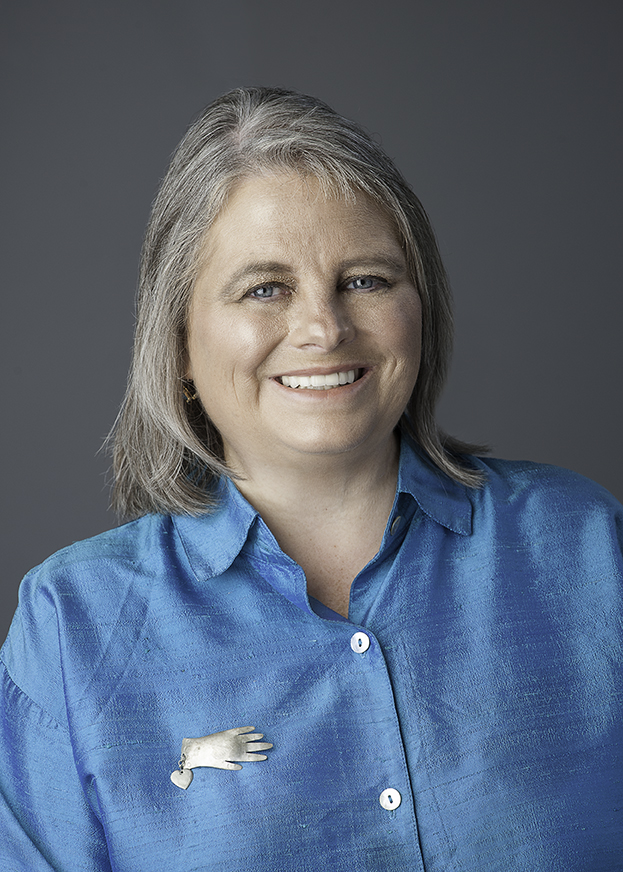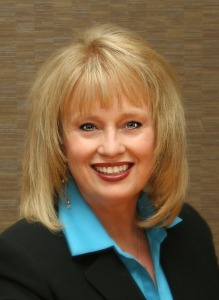Road Work Ahead — Expect Delays!
Dianne Barker's clever use of everyday symbols and circumstances offer lessons for our Christian journey. In this Christian Living UPGRADE, she writes about the tough time so many of us have with waiting.
"'Road work ahead, expect delays.' That’s what the construction sign said. "In other words, prepare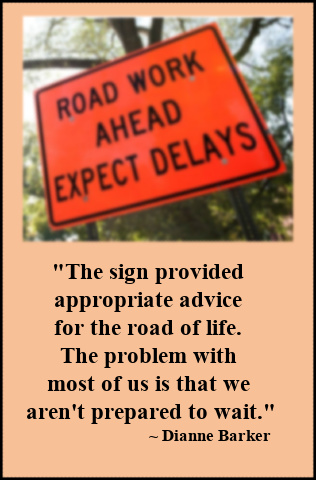 to wait," Dianne said.
to wait," Dianne said.
Oh, how I (Dawn) hate to wait. I always think it's such a waste of time. But Dianne encourages us to get a fresh perspective on delays.
Dianne continues . . .
The sign provided appropriate advice for the road of life.
The problem with most of us is that we aren’t prepared to wait. We’re geared for full speed ahead.
Waiting is unplanned and unwanted because it often leads to an unexpected and undesirable detour. Reaching the destination has top priority so waiting is never welcome.
I don’t love waiting, yet waiting consumes a large part of life. I should be getting used to it, but it always catches me by surprise.
I never include interruption and delay in my daily plans.
This very moment may find you in an interruption and waiting phase.
- Waiting for biopsy results.
- Waiting for a prodigal child to return.
- Waiting for a family conflict to be resolved.
- Waiting for a terrible hurt to heal.
Sometimes we wait with sweet anticipation.
- Waiting for the husband of our dreams.
- Waiting for a child to be born.
- Waiting for a promised promotion at work.
- Waiting for a spectacular family vacation.
Other times we wait with paralyzing dread.
Once, in such a place, I heard a soft whisper in my spirit:
“You aren’t waiting on a person or a circumstance. You are waiting on God.”
That truth changed my perspective.
Delay is annoying, and my typical response is grumbling—which never has a favorable impact on my situation.
Knowing God holds my life in His hands and that I’m waiting on Him, I only need to surrender my fretful spirit and confirm my trust in His wisdom.
Perhaps God is also waiting—waiting for us to trust Him fully, confident that delay is always for His greater purpose.
Could it be designed to reveal our devotion?
“…The Lord your God is testing you to find out whether you love him with all your heart and with all your soul. It is the Lord your God you must follow, and him you must revere. Keep his commands and obey him; serve him and hold fast to him” (Deuteronomy 13:3b-4 NIV).
I'm wondering if God’s purpose in our waiting might also be to teach us to rest.
Psalm 37 gives a simple strategy for times of waiting.
“Trust in the Lord… delight yourself in the Lord… commit your way to the Lord… be still before the Lord and wait patiently for him.”
What an exciting possibility!
To be still—to rest—and wait patiently, no matter what. If we rest today, we rest in our present circumstances.
How do we get to that place of resting and waiting patiently?
Here are THREE CHOICES to help us use our time productively in the waiting-arena.
1. THANK God, knowing he is using delay to shape us as His instrument.
2. PRAISE God, knowing he is setting the stage to display His power.
3. HONOR God, knowing we can trust His promises.
Our world has spent the last year on pause, waiting for the virus to finish its deadly mission, waiting for restrictions to be lifted, waiting to reunite with distant family members.
Waiting during COVID-19 has spawned discouragement and loneliness.
The challenges of this strange interruption—this unplanned waiting—threatened to drain our joy and hope.
Here’s truth: waiting doesn’t mean inactivity.
Trusting is active. Praying is active.
Begin with this:
"Lord, I surrender this to you. It’s yours. Whatever you do is okay with me. I will praise you because of your righteousness, not my circumstances. Let me hear your voice behind me saying, this is the way, walk in it. My soul waits for you and in your word I will hope."
Use your season of waiting to rehearse promises that slip by unnoticed in the hectic pace of normal life.
- Call to me and I will answer you and tell you great and unsearchable things you do not know (Jeremiah 33:3).
- Now to him who is able to do immeasurably more than all we ask or imagine, according to his power that is at work within us (Ephesians 3:20).
- And my God will meet all your needs according to his glorious riches in Christ Jesus (Philippians 4:19).
As you continue the journey, keep this in mind — God is working on the road ahead. Expect delays but proceed with expectation.
Now then, stand and see this great thing the Lord is about to do before your eyes! (1 Samuel 12:16).
Who knows what may happen when we wait and trust?
David, the shepherd king, wrote:
I am still confident of this: I will see the goodness of the Lord in the land of the living. Wait for the Lord; be strong and take heart and wait for the Lord (Psalm 27:14).
Will you dare to believe you are not waiting on a person or a circumstance but on God?
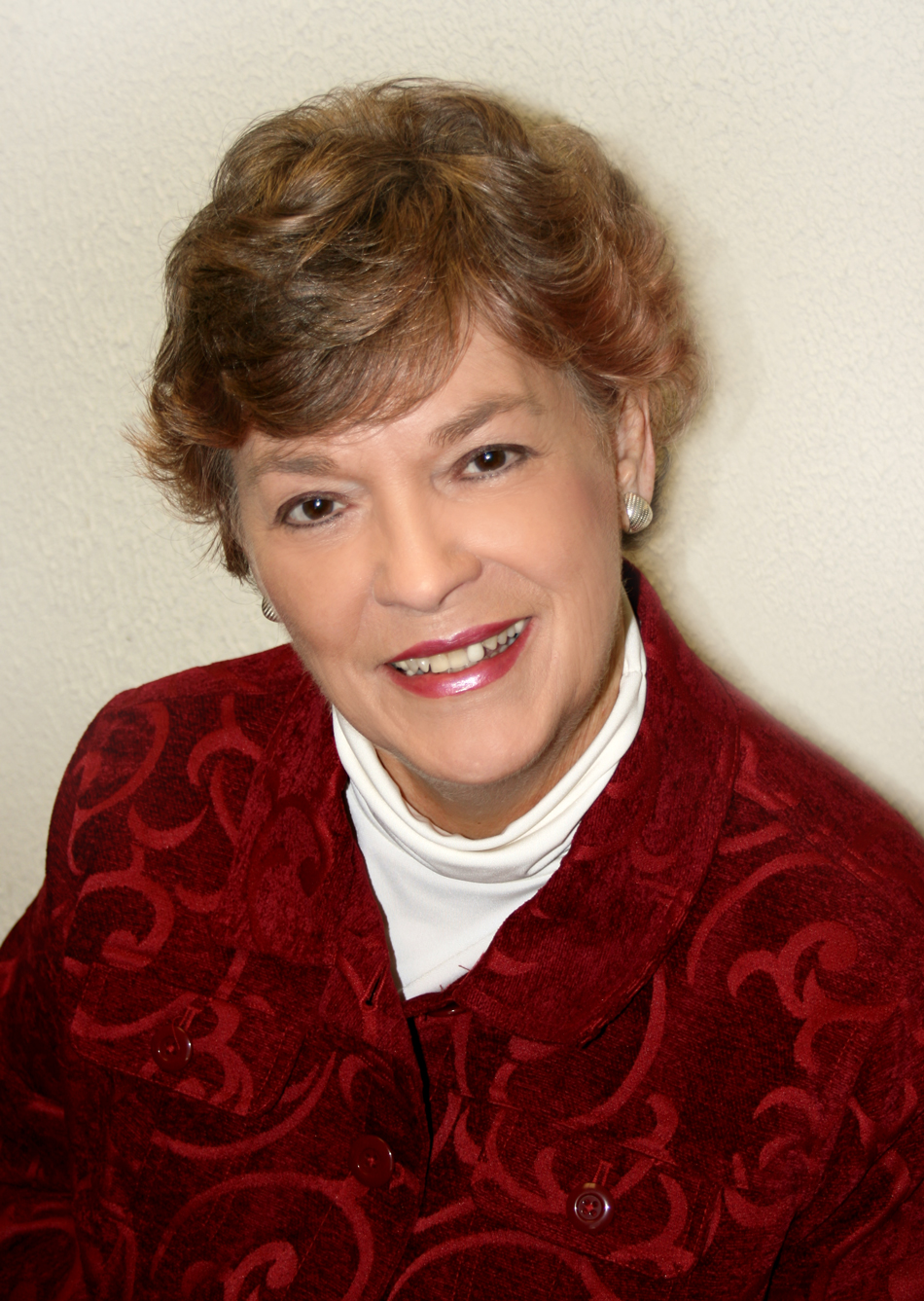 Dianne Barker is a speaker, radio host, and author of 11 books, including the best-selling Twice Pardoned and award-winning I Don’t Chase the Garbage Truck
Dianne Barker is a speaker, radio host, and author of 11 books, including the best-selling Twice Pardoned and award-winning I Don’t Chase the Garbage Truck 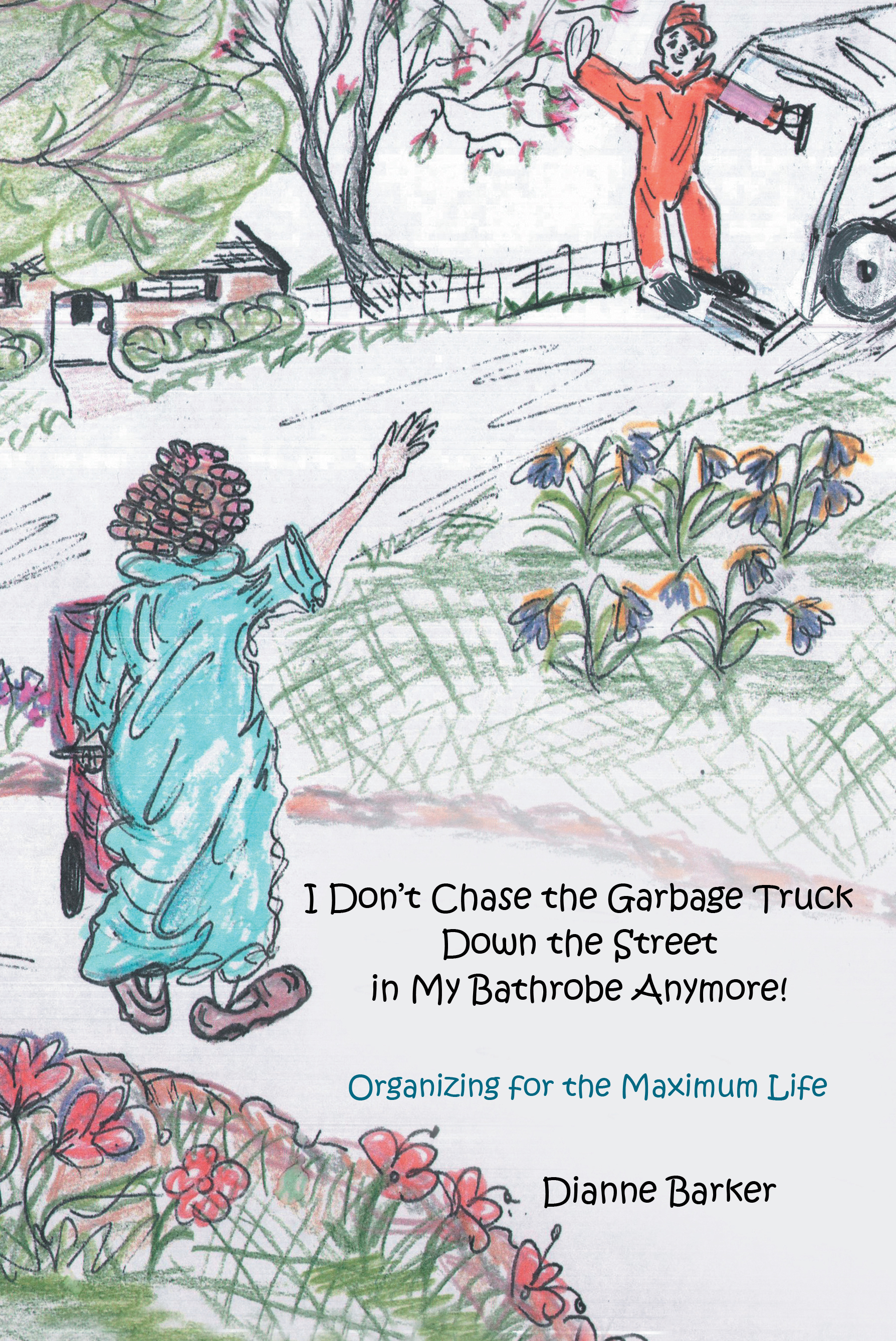 Down the Street in My Bathrobe Anymore! Organizing for the Maximum Life. She’s a member of Advanced Writers and Speakers Association, Christian Authors Network, and Word Weavers International and a speaker for Stonecroft Ministries. Visit www.diannebarker.com.
Down the Street in My Bathrobe Anymore! Organizing for the Maximum Life. She’s a member of Advanced Writers and Speakers Association, Christian Authors Network, and Word Weavers International and a speaker for Stonecroft Ministries. Visit www.diannebarker.com.
Graphic - East Rock Hill Township (Penn.) road sign.
 Post a Comment → Posted on
Post a Comment → Posted on  Tuesday, June 22, 2021 at 11:00AM
Tuesday, June 22, 2021 at 11:00AM  Choices in Circumstances,
Choices in Circumstances,  Delays,
Delays,  Detours,
Detours,  Dianne Barker,
Dianne Barker,  Patience,
Patience,  UUpgrade with Dawn,
UUpgrade with Dawn,  Waiting,
Waiting,  Waiting On God Upgrade Your Life
Waiting On God Upgrade Your Life  Patience,
Patience,  Spiritual Life,
Spiritual Life,  Waiting on God
Waiting on God 








